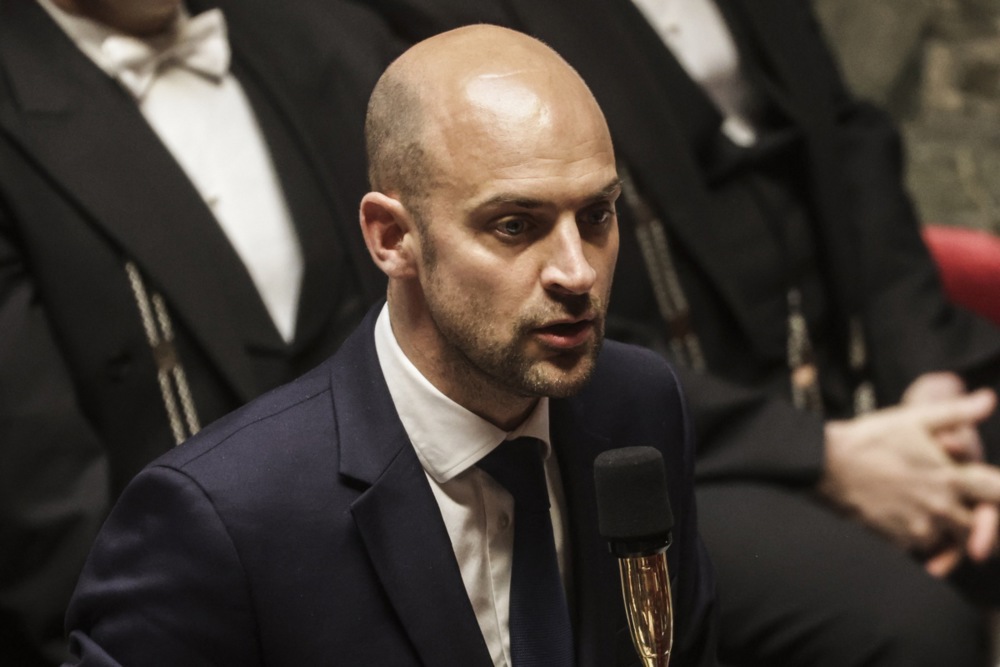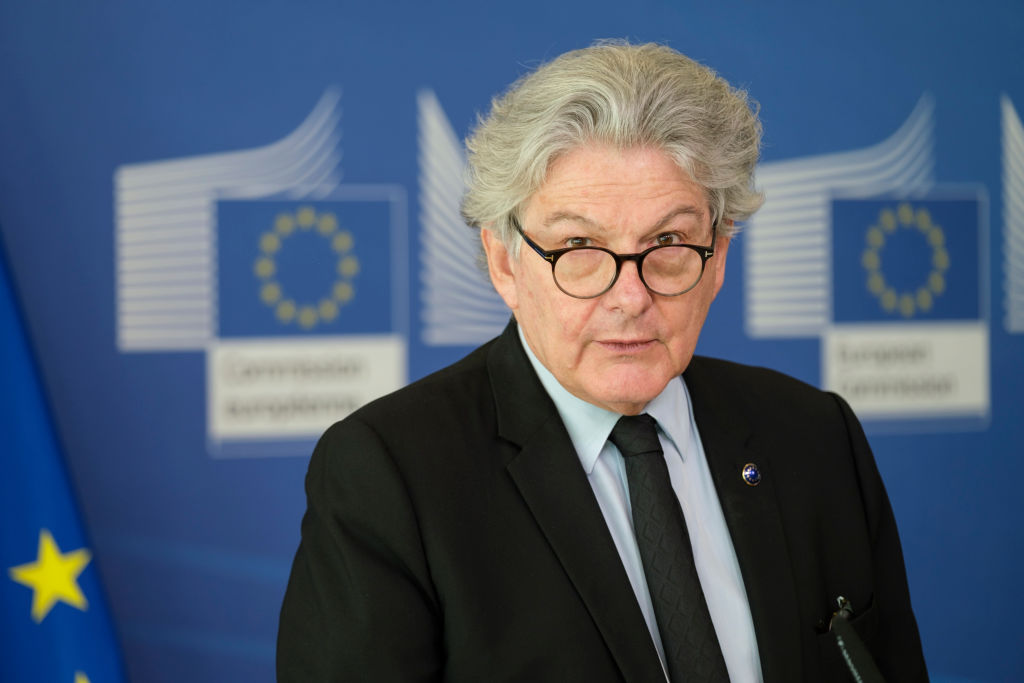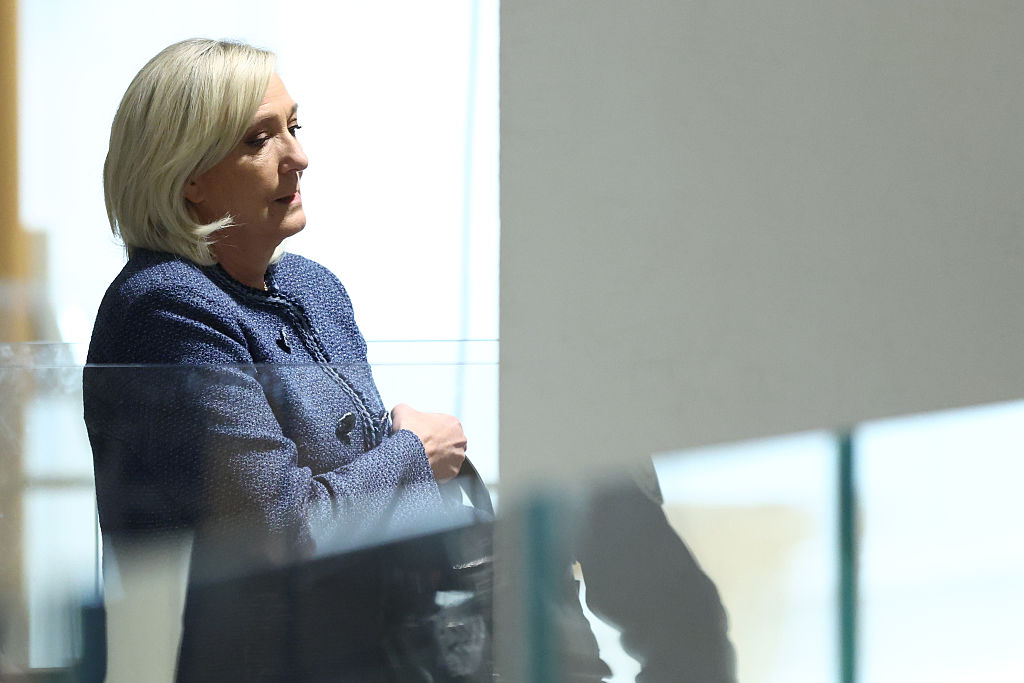Russia has pushed back at Western threats of military action against Iran if negotiations on a new nuclear deal fail.
Russian foreign ministry spokeswoman Maria Zakharova said on April 3 that an attack on Iran could turn out to be “catastrophic”.
“The use of military force by Iran’s opponents in the context of the settlement is illegal and unacceptable. Threats from outside to bomb Iran’s nuclear infrastructure facilities will inevitably lead to an irreversible global catastrophe.
“These threats are simply unacceptable,” Zakharova said.
Russian deputy foreign minister Sergei Ryabkov also condemned the threats and said the “consequences of this, especially if there are strikes on the nuclear infrastructure, could be catastrophic for the entire region”.
Moscow has been dedicated to resolving Iran’s nuclear programme in a way that respected Tehran’s right to use nuclear energy for peaceful purposes, the Russian foreign ministry emphasised.
On April 2, several Western countries had warned that “without an agreement on the Iranian nuclear programme”, military conflict was “almost inevitable”.
During a hearing before the National Assembly that day, French foreign minister Jean-Noël Barrot stressed that Iran must never acquire nuclear weapons.
Prior to that, US President Donald Trump had said there would be “bombing in Iran in the absence of an agreement”. He also threatened the country with secondary tariffs.
On January 17, Iran and Russia had signed a Comprehensive Strategic Partnership treaty at the Kremlin during a meeting between Iranian President Masoud Pezeshkian and Russian President Vladimir Putin.
As a result of the war in Ukraine, Iran has gained importance as a partner for Russia because it has been delivering Shahed drones to support Moscow’s war efforts.
Iran and the permanent members of the UN Security Council — China, Russia, the US, France and the UK — agreed in 2015 to take control of Iran’s nuclear programmes so it could be released from international sanctions.
Trump unilaterally withdrew the US from the accord and reinstated US sanctions in 2018, during his first term as president.
In late 2024, the International Atomic Energy Agency (IAEA) reported that Iran’s stockpile of 60 per cent enriched uranium had surpassed 182 kilograms — enough for multiple nuclear weapons if further enriched.
Estimates now placed Iran’s “breakout time” at just one to two weeks, although this excluded the time and expertise needed to build an actual warhead.
US intelligence assessments have indicated that Iran was not currently pursuing a nuclear weapon and Supreme Leader Ayatollah Ali Khamenei has not authorised a revival of the weapons programme halted in 2003.
Iran’s enrichment of uranium to high levels, expansion of centrifuge operations and restrictions on IAEA oversight have fuelled international concern, though.
Tehran has insisted its nuclear programme was peaceful, citing energy needs and a religious fatwa by Khamenei prohibiting nuclear weapons.
French foreign minister Jean-Noël Barrot has stated that without an agreement on the Iranian nuclear programme, military conflict was “almost inevitable.” https://t.co/pFbus65jNz
— Brussels Signal (@brusselssignal) April 3, 2025





